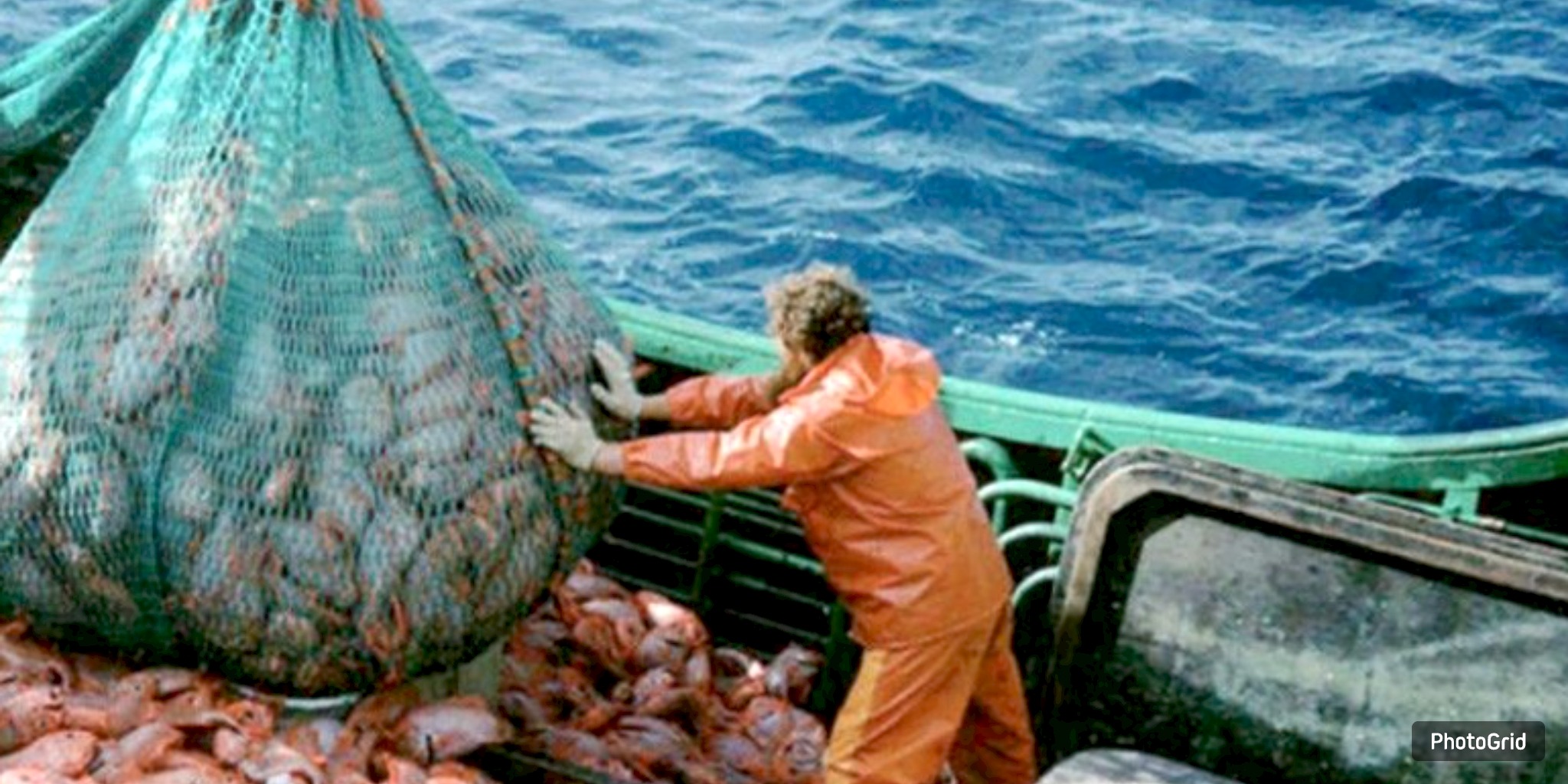Galveston fishermen say a federal push to loosen fishing rules risks undoing decades of recovery for Gulf fish stocks, with shrinking catches, rising prices, and industry stability at stake.

Fishermen along the Gulf Coast are raising alarms about President Trump’s efforts to roll back regulations in the seafood sector, cautioning that such moves could undo years of progress in revitalizing dwindling fish stocks, thereby endangering both the ecosystem and their livelihoods.
In April, Trump enacted the “Executive Order Unleashing Seafood Competitiveness,” which supporters celebrated as a significant advancement for the American fishing industry. Just three months later, seasoned experts along the Gulf are raising concerns, claiming that diminished oversight could jeopardize the delicate recovery of species like red snapper.
At Galveston’s Pier 19, seasoned fisherman Buddy Guindon reflects on the transformation of the industry throughout his forty years navigating the waters. Katie’s Seafood, a family-operated market, stands as a vital pillar of the local economy, serving as a key provider of Gulf-caught red snapper. Guindon reflects on the formative period before the implementation of catch limits. “In the early days of my fishing journey, restrictions were unheard of.” “It was not a favorable situation,” he remarked. “To ensure a legacy for your family business, it is crucial to avoid depleting resources this year, as doing so will jeopardize their ability to thrive in the future.” We aim to achieve this equilibrium.
The National Oceanic and Atmospheric Administration (NOAA) is responsible for overseeing U.S. fisheries and monitoring fish populations. Since the implementation of the order, the Department of Government Efficiency (DOGE) has reduced NOAA’s workforce by nearly 30%, impacting essential scientists responsible for gathering and analyzing stock data—data that is already years overdue.
“Their numbers have dwindled,” Guindon remarked. “Concerns are mounting.” There’s a slight concern.
The worry is already extending beyond the docks. With fish supplies dwindling, both wholesale and retail prices have surged at a pace that outstrips inflation, putting pressure on seafood restaurants and ordinary consumers alike.
In a recent statement, NOAA stood by the executive order, asserting, “The President’s Executive Order Unleashing Seafood Competitiveness has already made and will continue to make a positive impact on the U.S. seafood economy.”
Data from NOAA is guiding us in a responsible approach to raising the allowable catch limits. NOAA Fisheries remains committed to maintaining a healthy balance between managing our marine ecosystems and enhancing access to the abundant resources available to our dedicated American fishermen.
Amidst reduced staffing and limited resources, concerns persist regarding NOAA's ability to maintain that delicate balance—particularly in the Gulf, where the stakes are high and the memories of previous overfishing remain vivid.
.jpg)
Mardi Gras Galveston concluded Tuesday night with final parades along the Strand, warm weather and a strong local turnout. Thousands gathered to close out weeks of island celebrations.
.jpg)
The Texas Parks and Wildlife Department closed another oyster harvest area in Galveston Bay on Feb. 14 after surveys found too few legal-sized oysters, leaving only two of eight areas open as restoration efforts intensify.